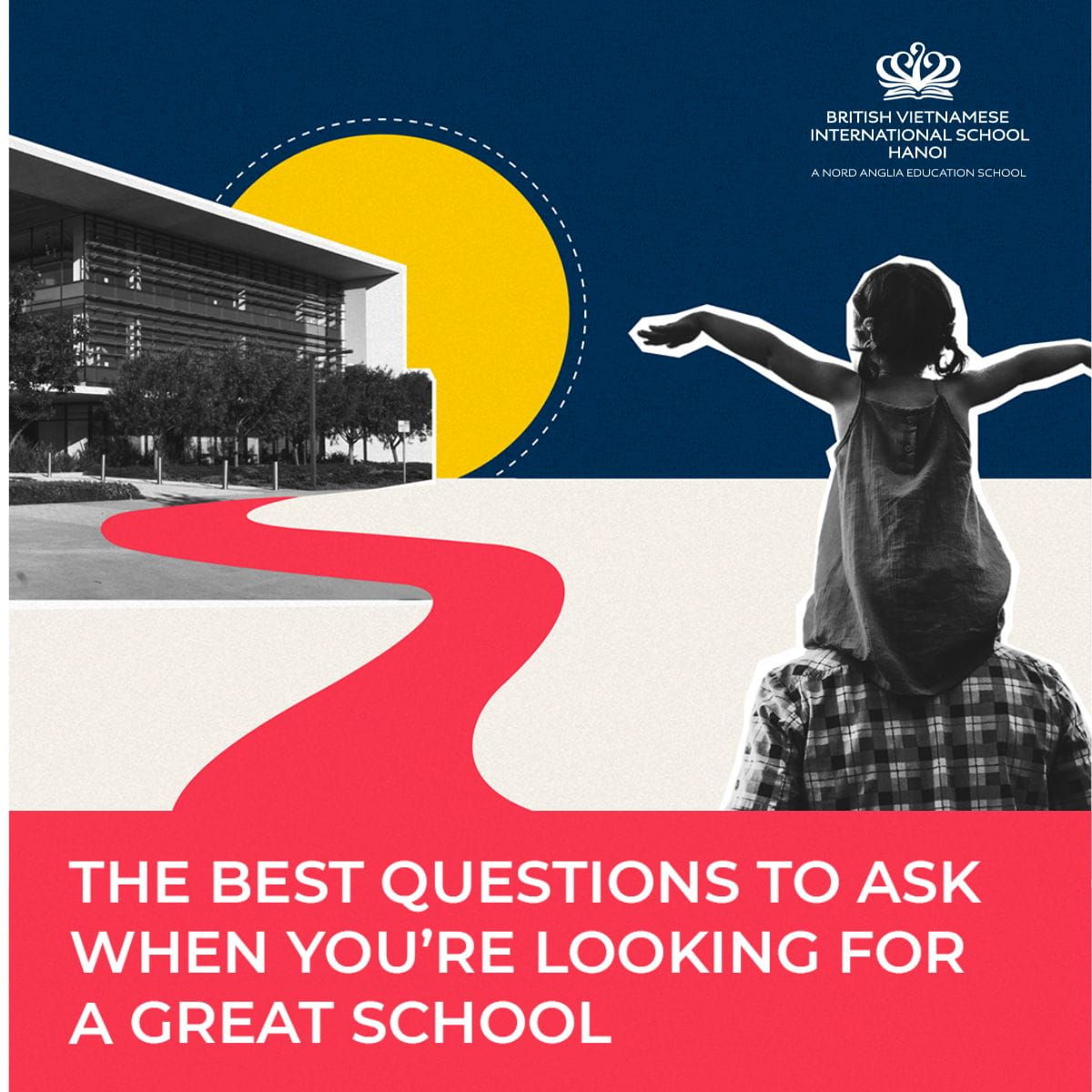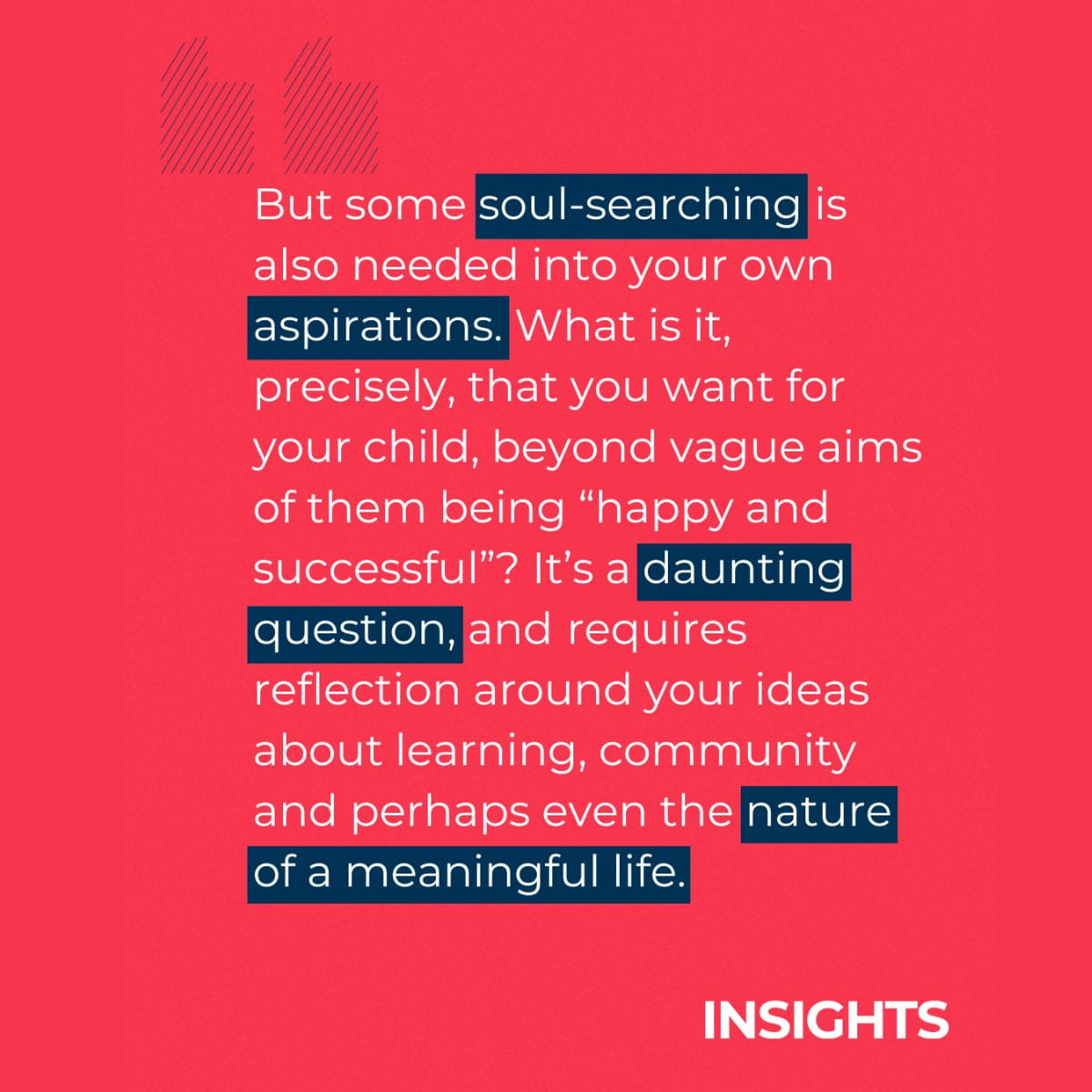Admissions Open 2026-2027
Enjoy 25% off tuition fees for up to 5 years | Register Now

Choosing a school is about more than just academic results or university placement rates. The right environment should support your child’s overall development - academically, socially, and emotionally. A well-rounded education nurtures every aspect of a student’s growth. Here are key questions to help parents make an informed decision.

A great school values both academic achievement and the personal growth of its students. It should foster curiosity, collaboration, and emotional development. When visiting, observe whether the learning environment encourages active engagement. Student work should reflect creativity and individuality rather than uniformity.
A school that promotes deep exploration, critical thinking, and a love of learning helps students stay engaged—not just study for exams.
Emotional well-being is key to a positive school experience. A school that prioritises student welfare will ensure they feel safe, respected, and supported through well-structured pastoral care programmes.
Teachers and counsellors play a crucial role in building strong relationships with students, providing them with trusted adults to turn to when facing challenges. Open communication and mutual respect create a healthy school community.

A strong partnership between parents and the school enhances the learning experience. A connected parent community fosters a sense of belonging and mutual support.
From parent workshops and school events to informal meet-ups, a school that welcomes family engagement enriches the overall school experience for both students and parents.
Extracurricular activities are an essential part of school life. From academic clubs and sports teams to creative arts and leadership opportunities, students should have access to diverse experiences that fuel their passions and build new skills.
If your child enjoys science, debating, music, or sports, explore how the school supports these interests to help them develop holistically and prepare for the future.
Choosing a school should be a collaborative process between parents and children. Younger students benefit from experiencing the school environment naturally, while older students should be encouraged to ask questions and share their thoughts.
School visits, trial lessons, and interactions with teachers can help students feel confident and excited about their new learning environment. Listening to their opinions shows them that their perspective matters, making them more invested in the decision.
Ultimately, choosing the right school is about more than rankings—it’s about finding the best fit. Asking the right questions will help you find a school where your child can grow, be happy, and succeed.

#ChoosingTheRightSchool #InternationalEducation #ParentTips